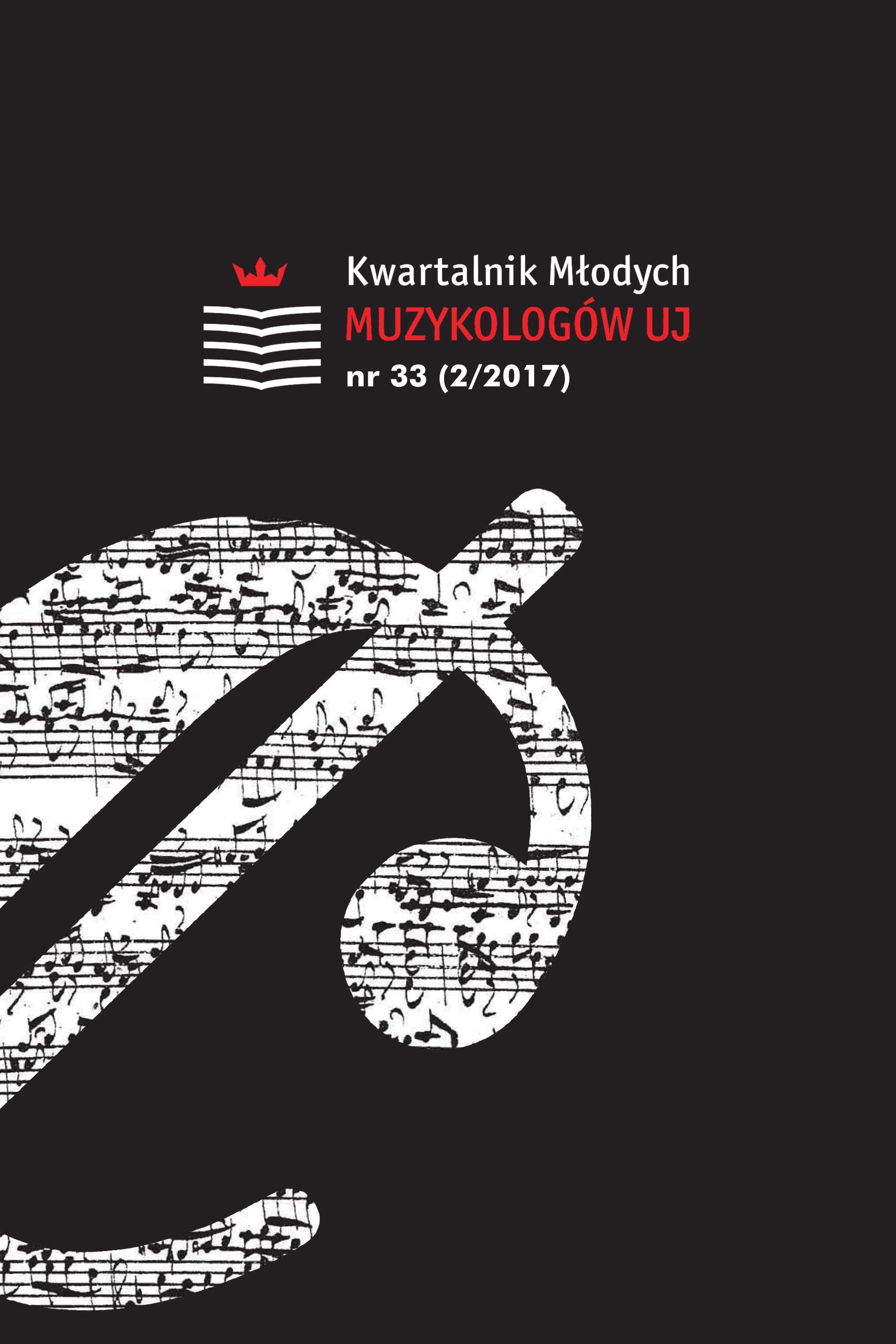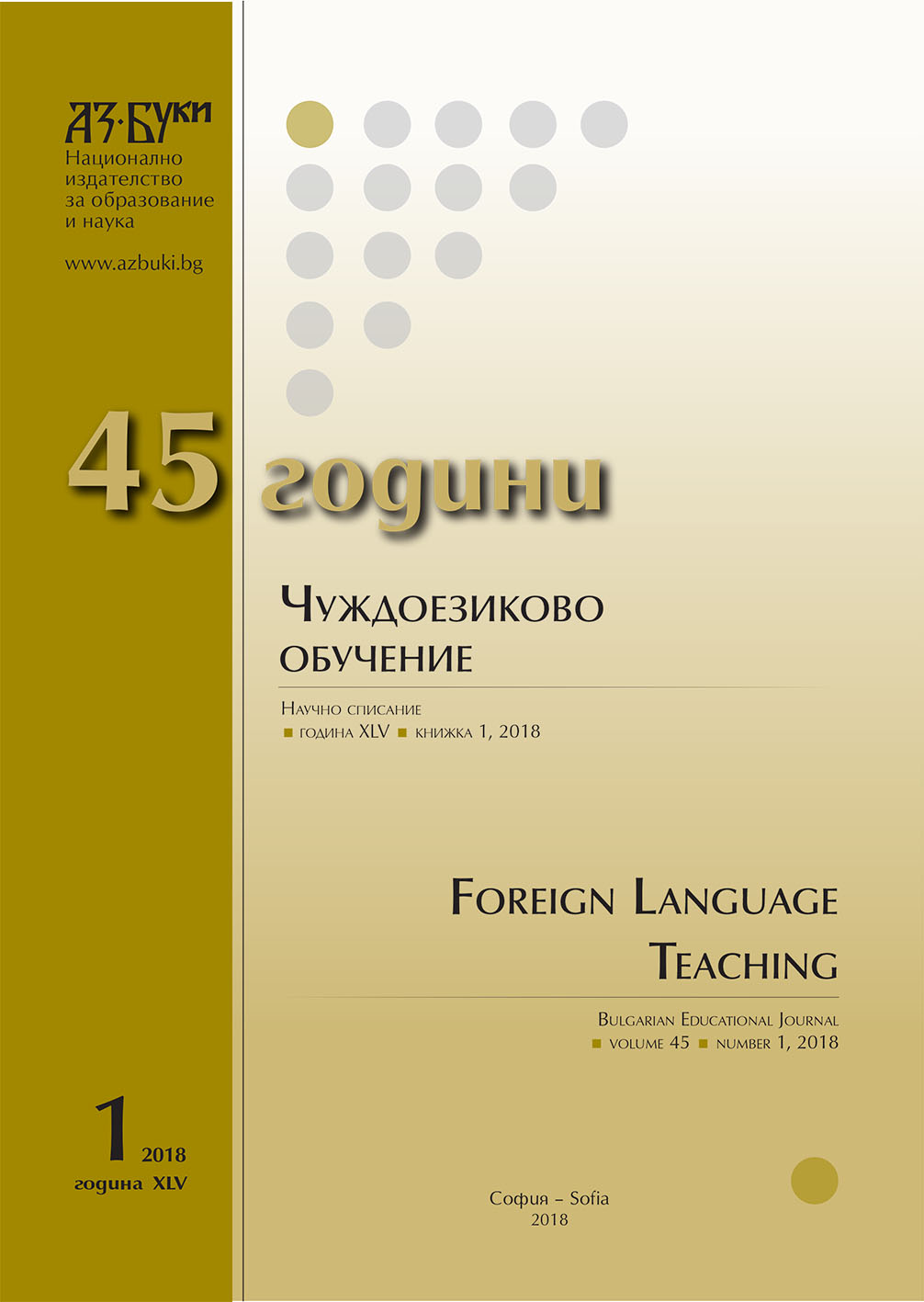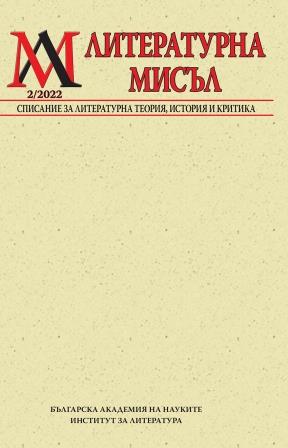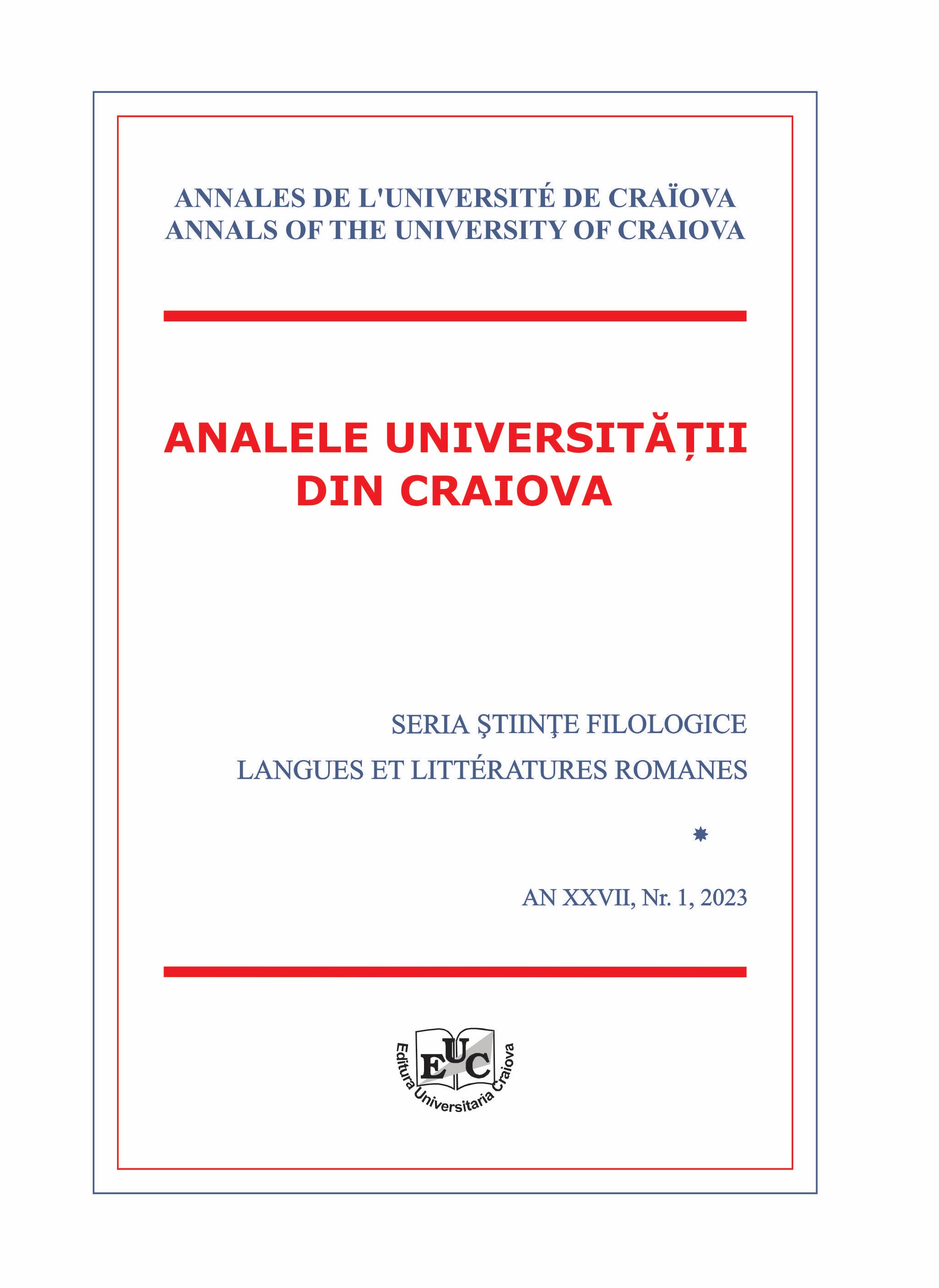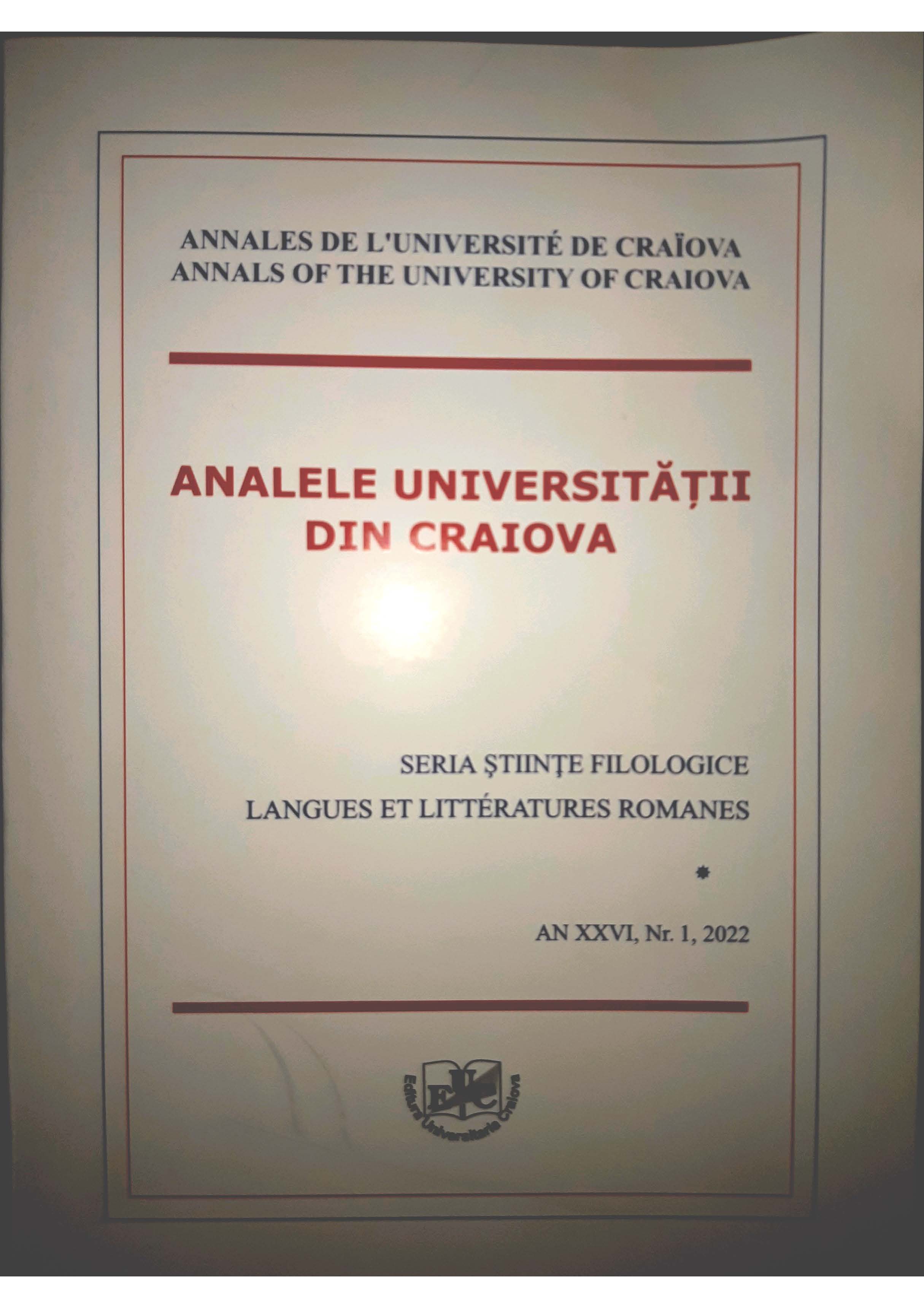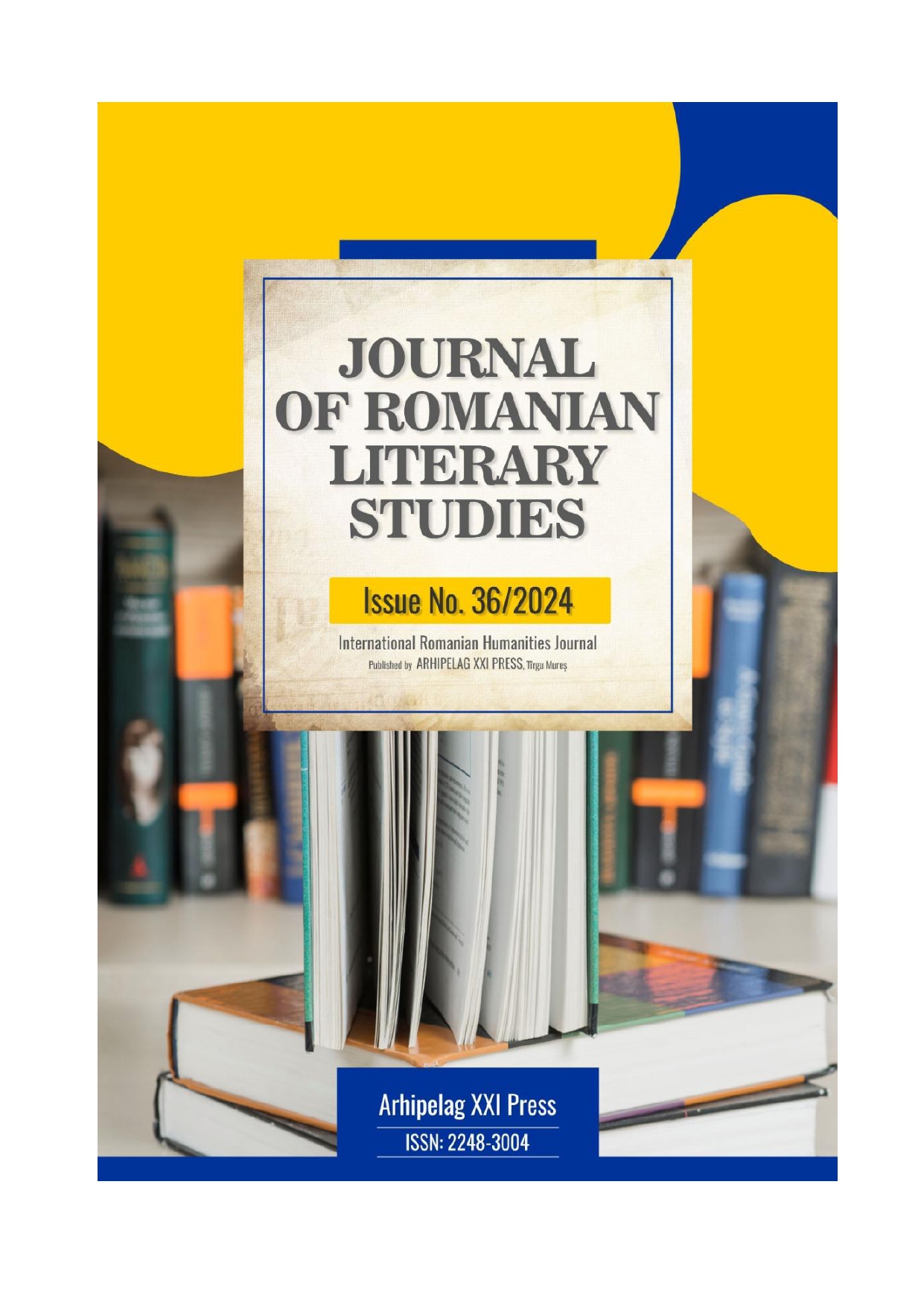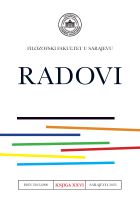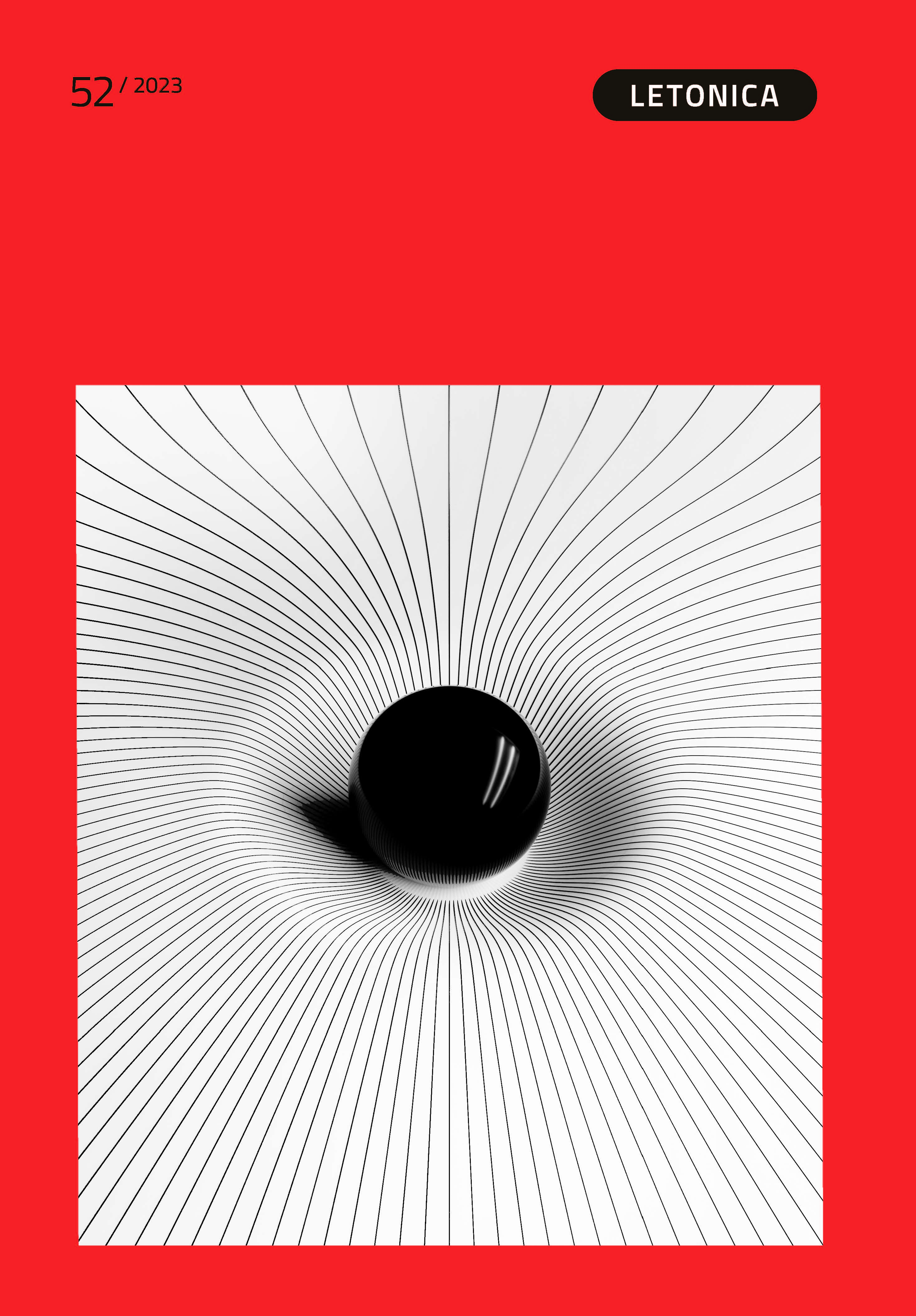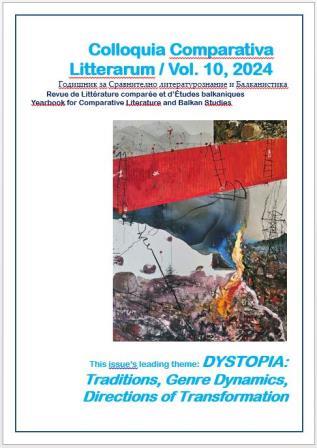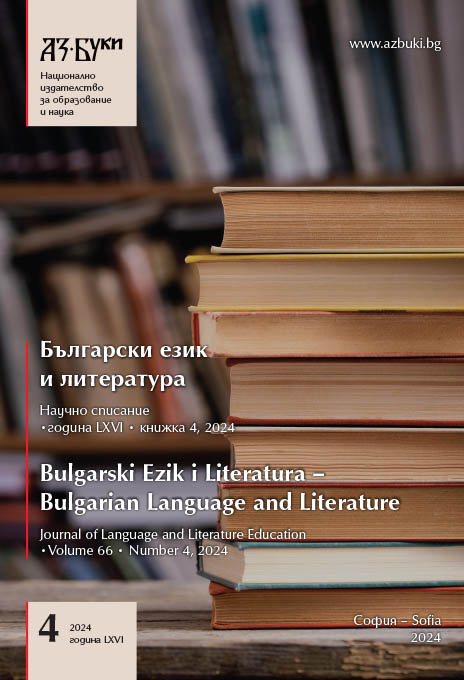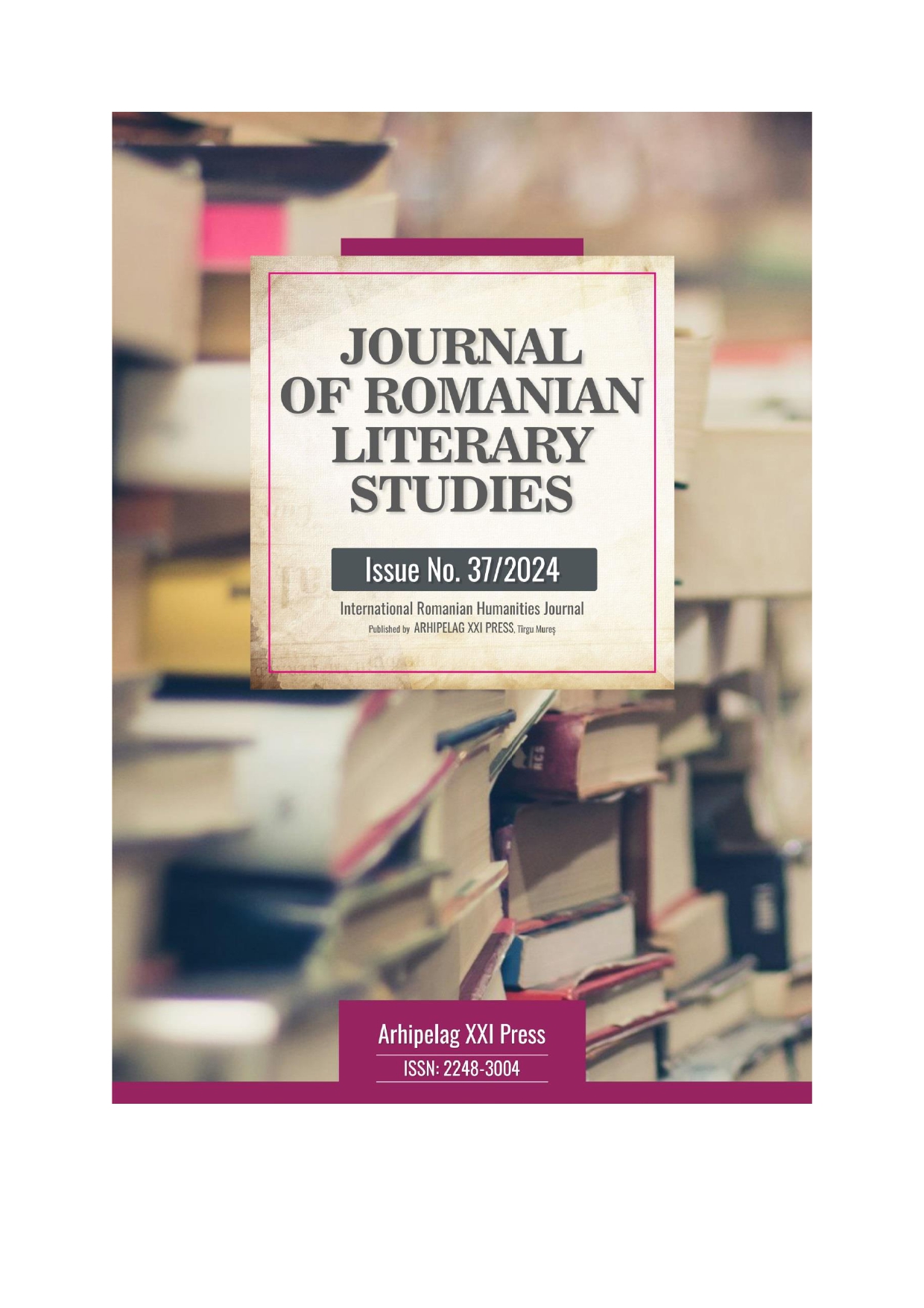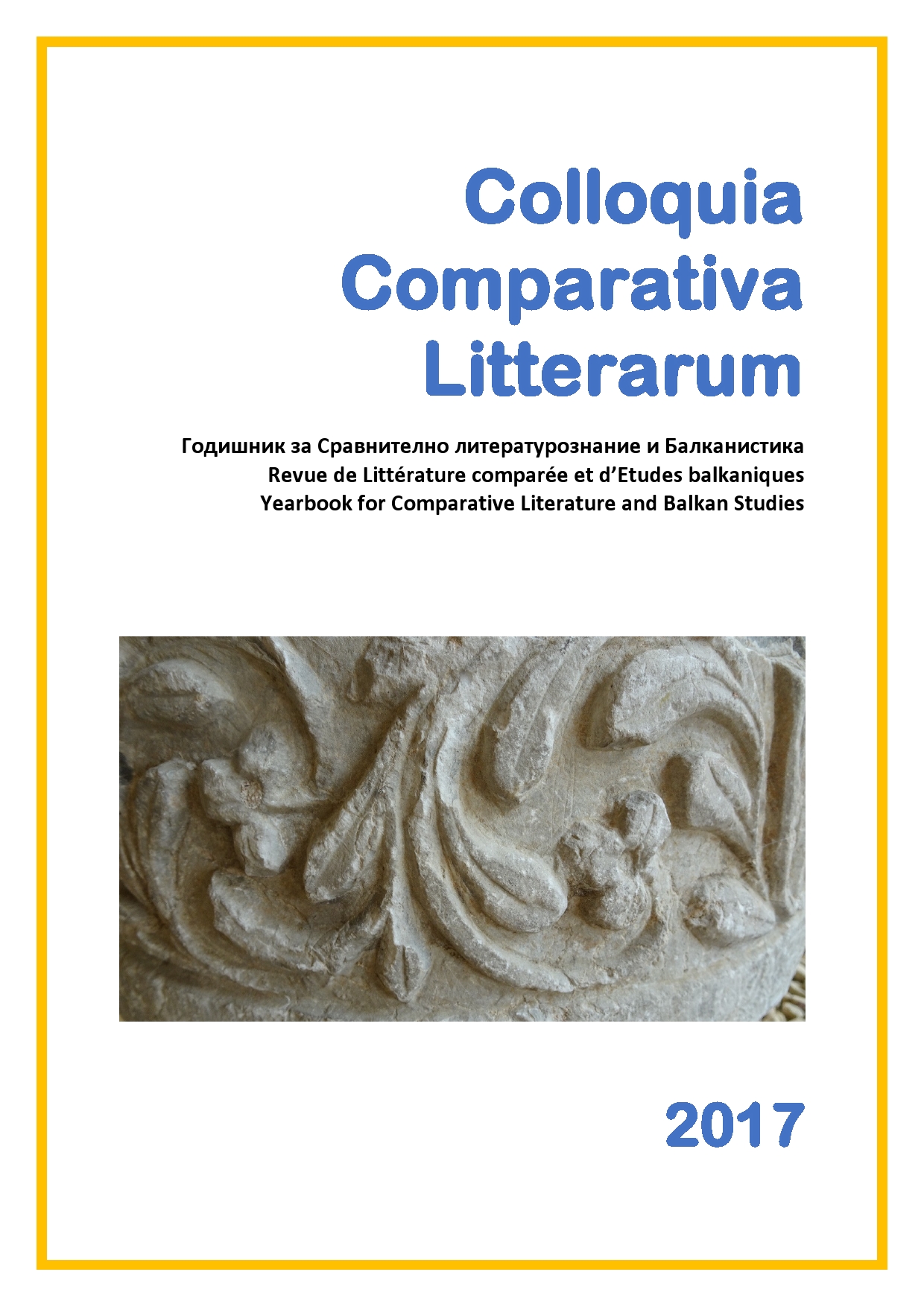
La lecture du folklore dans la dramaturgie moderniste bulgare et dans le théâtre symboliste européen
Bulgarian Modernist drama is discussed in the context of the two most representative traditions in European Symbolist theatre – the Francophone and the Slavonic (Russian and Polish) ones – to point out its aesthetic similarities and specific originality. The analysis focuses on the principles underlying the selection and structuring of the two types of folklore plots (fairy tales and legends), used on all stages where idealistic plays have been produced. The study charts out the similar interpretations of the popular basis and its structural importance in all modes of writings. However, the national and social connotations in Bulgarian theatre, inspired by its own cultural context, differ from the Francophone metaphysical forms and mark out its relationship with the Russian and Polish versions. Finally, Bulgarian plays strengthen the eclecticism, characteristic of the Slavonic stage, and make use of some vanguard trends (parody, ambiguity, buffoonery), which transgress certain aesthetical postulates and announce the further evolution of the European stage tradition.
More...
